JCIE/USA Roundtables & Special Events
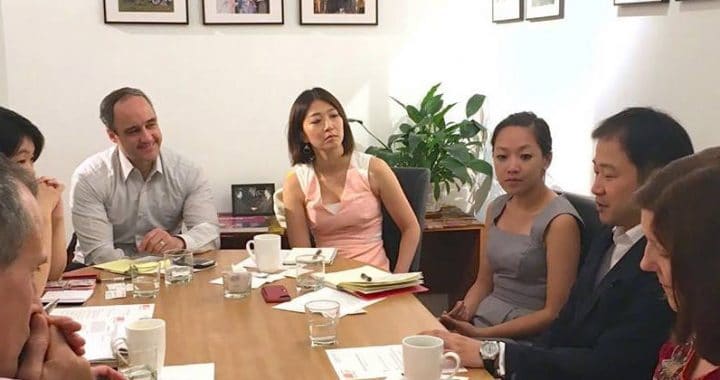
JCIE/USA holds occasional roundtables, offering an opportunity for visiting scholars and experts to engage in initimate discussions with a select group of relevant stakeholders from the New York area. It also convenes roundtables that target the US-Japan Journalism Fellows and holds additional events for the business community.
Building Understanding of and Support for the GFF
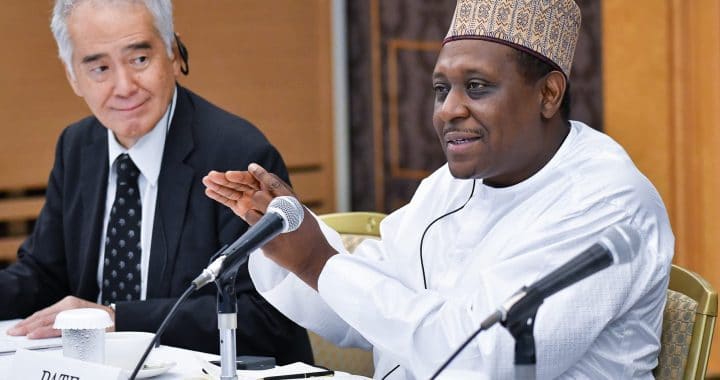
In 2015, the Global Financing Facility for Women, Children, and Adolescents (GFF) was established to help close the gap in financing that is needed to eliminate preventable deaths among women, children, and adolescents in low- and middle-income countries. The GFF supports government-led, multi-stakeholder platforms to develop and implement a national, prioritized health plan that aims to help mobilize sustainable financing for health and nutrition.
Democracy for the Future | Diet Roundtable with NED Vice President Brian Joseph
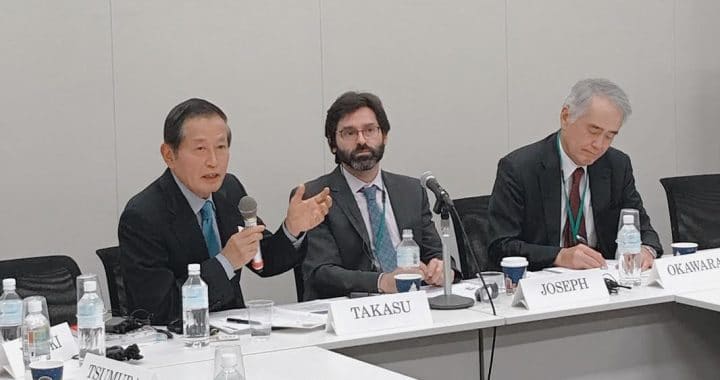
National Endowment for Democracy (NED) Vice President Brian Joseph spoke about the role of nongovernmental organizations such as the NED in supporting democracies to a group of 15 Diet members as well as six staff from Diet offices. The group discussed a wide range of topics in relation to democracy support and the state of democracy in Asia, including challenges with Myanmar’s democratization process, challenges surrounding the situation in Hong Kong, and Japan’s role as the region faces setbacks to democracy.
JCIE/USA Executive Seminar | The Congressional Agenda

On December 6, two alumni of JCIE’s Congressional Staff Exchange program participated in JCIE/USA Roundtables in New York. The two senior Congressional staff—one Republican and one Democrat—spoke about a range of trade issues before the US Congress, what further legislation we are likely to see in the coming year, and what this means for US-Japan relations.
JCIE/USA Executive Seminar | Post–Midterm Outlook for US Political & Economic Relations
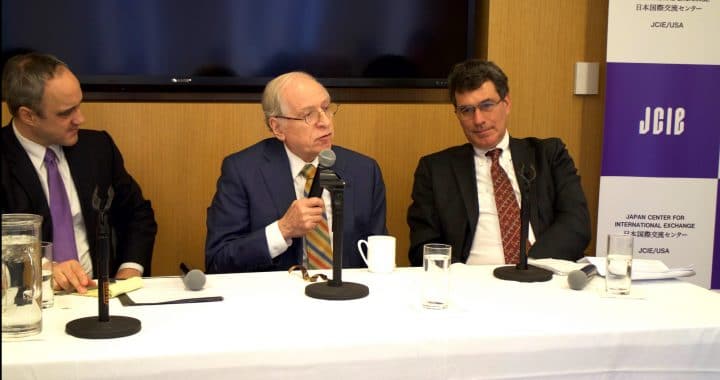
Two top experts on US-Japan relations— Columbia University Professor Gerald Curtis and the Wall Street Journal’s Jacob Schlesinger—assessed the Democratic victory in the midterm elections and the prospects for the next two years of the Trump administration’s Asia policy.
JCIE/USA Executive Seminar | Congressional Agenda & US-Japan Relations in the 116th Congress

Two Congressional staffers, alumni of a JCIE/USA delegation to Japan, spoke to a gathering of business leaders and other experts in New York at a JCIE/USA executive seminar.
Tanaka Juku Seminar Series
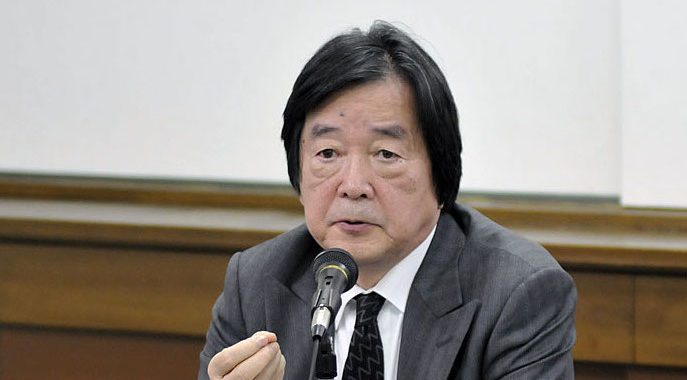
In 2006, JCIE launched the JCIE Tanaka Juku, an annual three-month series of intensive evening seminars for about 20 young political leaders, corporate executives, journalists, and emerging intellectual leaders under the tutorage of Hitoshi Tanaka, JCIE senior fellow and former deputy minister for foreign affairs.
Research Team Trialogue: The Spread of COVID-19 and Its Impact on Global Democracy
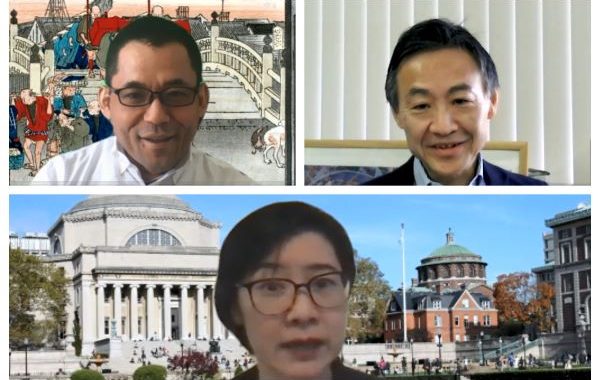
This transcription shares a conversation between three JCIE research team members from the project on Expanding Support for Democratic Governance on their assessments of the current state of democracy in light of the COVID-19 pandemic.
Research Team Trialogue 2: The Spread of COVID-19 and Its Impact on Global Democracy
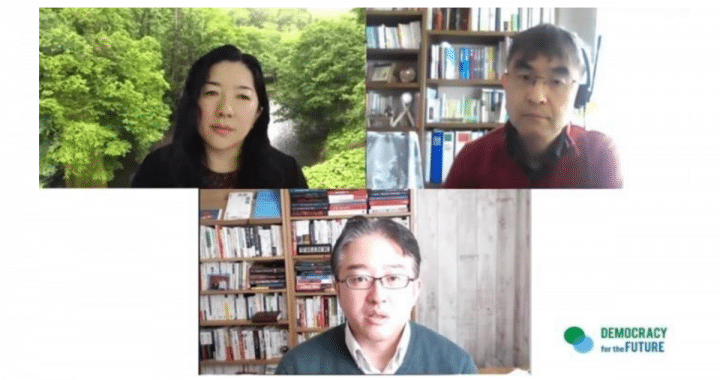
This transcription of a discussion between three research team members from JCIE’s project on Expanding Support for Democratic Governance focuses on the potential threats to democracy in the light of the COVID-19 pandemic, and the election of US President Joe Biden.
JCIE Publication | Japan’s Support for Democracy-Related Issues: Mapping Survey
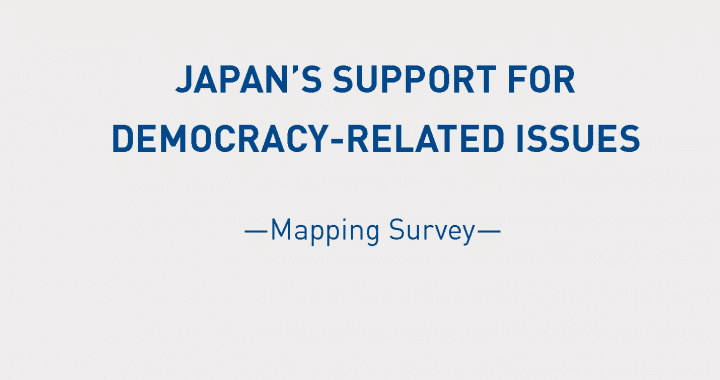
Background and examples of Japan’s work on democracy-related issues, compiled as part of JCIE’s program on Expanding Support for Democratic Governance.


